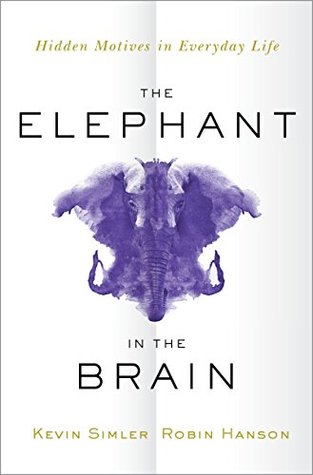other words, mixed-motive games contain the kind of incentives that reward self-deception. There’s a tension in all of this. In simple applications of decision theory, it’s better to have more options and more knowledge. Yet Schelling has argued that, in a variety of scenarios, limiting or sabotaging yourself is the winning move. What gives? Resolving this tension turns out to be straightforward. Classical decision theory has it right: there’s no value in sabotaging yourself per se. The value lies in convincing other players that you’ve sabotaged yourself.
Welcome back. Just a moment while we sign you in to your Goodreads account.


